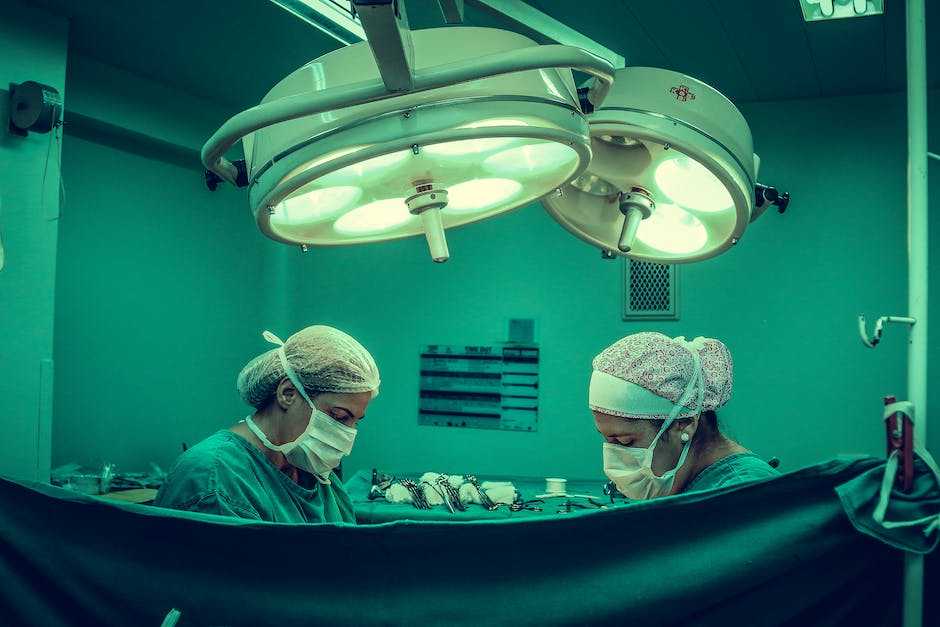Contents
Radioactive Iodine Treatment vs. Surgery: Which is Best for Your Health?
When it comes to treating conditions such as thyroid disease or cancer, there are often multiple treatment options available. In this article, we will discuss the different methods of treating thyroid diseases or cancer and explain which one may be better for your health: radioactive iodine treatment or surgery.
What is Radioactive Iodine Treatment?
Radioactive iodine treatment (also known as radioiodine ablation) is a medical procedure that involves the use of a form of radioactive iodine, typically on a form of salt or liquid, to destroy the cells in your thyroid gland. This form of treatment is used to treat conditions such as thyroid cancer, hyperthyroidism, graves’ disease and certain other types of thyroid disease.
What is Surgery?
Surgery is a common treatment for many types of thyroid diseases, including cancer. This may involve a total or partial thyroidectomy, where the entire or part of your thyroid gland is removed. This is a major surgery, and therefore has more risks than radioactive iodine treatment.
Which is Best for Your Health?
The decision of whether to receive radioactive iodine treatment or surgery depends on the type of thyroid disease you have, and whether it is cancerous or not. Generally speaking, radioactive iodine treatment is recommended for noncancerous thyroid conditions such as hyperthyroidism, while surgery is preferred for cancerous conditions.
Overall, it is important to speak with your doctor to decide which treatment option is best for you and your health. Your doctor will be able to advise you of the advantages and disadvantages of each option and help you make an informed decision.
What are the risks of radioactive iodine treatment?
The risk of radioactive iodine treatment includes local effects such as swelling and redness of the neck/throat area and skin reactions. Other risks may include dry mouth, changes in taste, feeling generally unwell and an increased risk of developing a secondary cancer. Therefore, careful consideration and close monitoring is needed before making the decision to use radioactive iodine.
